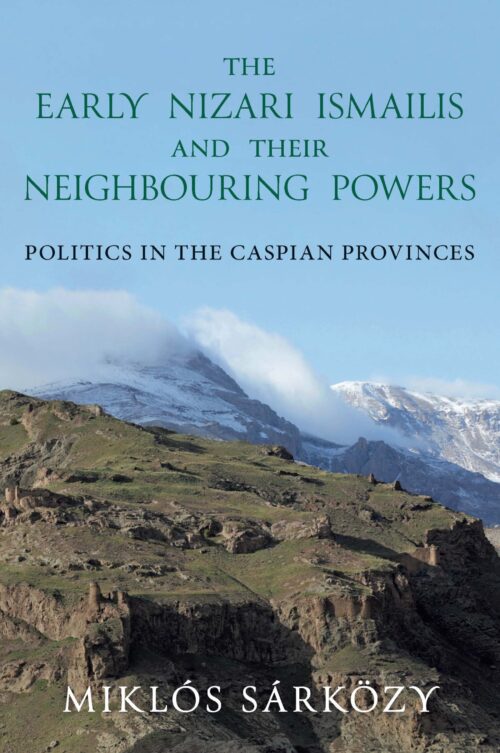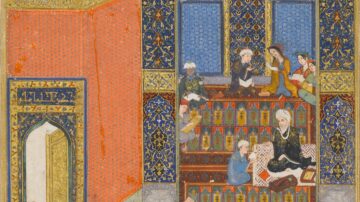In this interview, Professor Miklós Sárközy, Associate Professor of Middle Eastern Studies at Károli Gáspár University and author of The Early Nizari Ismailis and their Neighbouring Powers, discusses the rise of the early Nizari Ismaili community and the formation of their mountain fortress-state at Alamut under the leadership of Hasan Sabbah. Hosted by Dr Daryoush Mohammad Poor, the conversation explores the historical, political, and theological landscape of the eleventh to thirteenth-century Caspian region of northern Iran, covering themes such as leadership, diplomacy, regional alliances, and the enduring legacy of the Alamut period in Ismaili history.
Key themes explored
- Origins and geography of the Nizari Ismaili state during the Alamut period in Ismaili history
- The emergence of the community after the Fatimid succession split and their settlement in northern Iran’s Caspian region.
- Hasan Sabbah’s role as chief da‘i, strategist, and founder of the Alamut state, shaping its religious and political structure.
- The Nizari state’s diplomacy based on pragmatic alliances with neighbouring powers and balanced coexistence with the Seljuks.
- The Qiyāmat Declaration under Hasan II leading to the spiritual and political transformation of the community during the mid-twelfth century.
- The Alamut state’s long-term influence on Ismaili thought, literature, and modern scholarship.
Further reading
Explore related publications from The Institute of Ismaili Studies:
The Early Nizari Ismailis and their Neighbouring Powers
Politics in the Caspian Provinces
This history of the Alamut era of the Nizari Ismaili community concentrates on the local politics of the remote mountainous Caspian region of northern Iran.
Find out more







